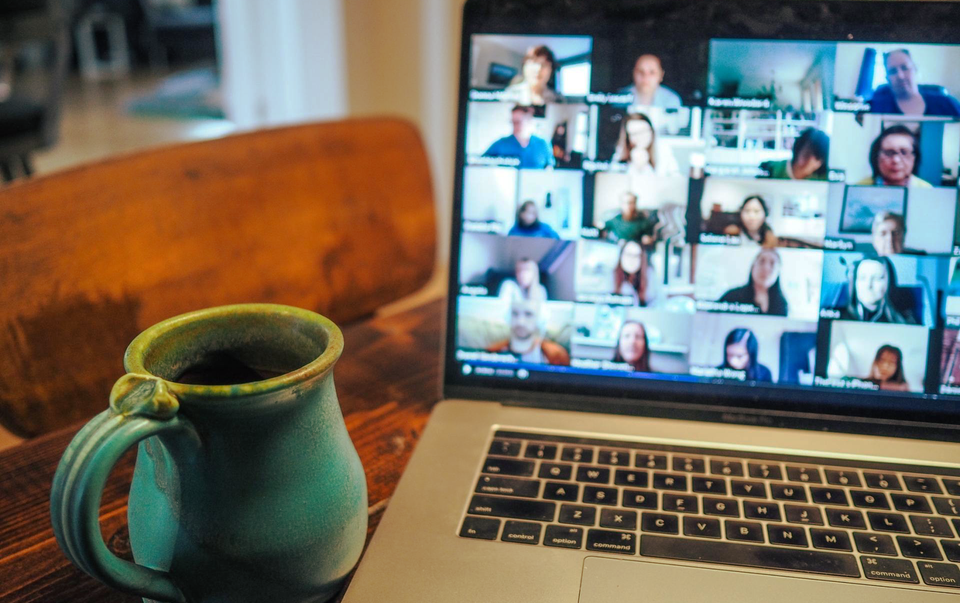What Being Part of a Global Mental Health Conference Really Means
Miranda Manzo • February 22, 2021

Oftentimes, we are greeted with the same advice over and over. Be sure to take care of yourself. Be sure to be happy. Be sure to make your own choices. But, what does this actually mean? This is a question that I found myself pondering amidst the start of what would soon be a pandemic that forever changed our lives. I thought I knew what they meant when they repeated these sentences back to me. Be successful. Care about yourself. Right? Or so I thought.
I never would have imagined that I would be sitting here, looking out my college bedroom window wondering what had happened to the life that I once knew. Nine months later, I had added a whole network of passionate individuals to my circle. I had participated in planning a global mental health conference that brought in attendees from all over the world and I had spent what seemed like an eternity indoors, attending online classes, attempting to answer my original question “What do they really mean when they say this?”
The time that I spent working as the Director of Partnerships for the 2020 Generation Mental Health Conference was a life-changing experience that altered my view of the world like no other. Each week beginning in May, we would meet up to discuss the importance of mental health and plan our conference - which always seemed like some sort of a pipe dream to me. Would we really pull it off? Would people want to hear what we had to say? We would discuss our own struggles and mental health challenges as well as discuss what our ideal event may look like. We spent hours and hours on zoom calls with each other, trying our best to iron out every detail of our event. I felt like I knew my team members better than I knew some of my friends, although we hadn’t even officially met in person just yet. It meant the world to me to have people to debrief with during such a sensitive time in our lives- when it seemed like everyone in the world was battling some sort of a loss due to the ever-changing world we lived in. I had learned about some of my team member’s hardships, their daily routines, and even got to hear about some of their favorite recipes. I am certain that every one of my team members would agree that our meetings were a safe space to say what was on our minds or even spend time distracted from our own minds.
As time went on, our event began to piece together little by little. What we originally thought would be our ideal outcome had become reality. We brainstormed all of the important aspects of mental health including its intersection with identity and we decided that our event had to have every aspect that we felt was important as well as create a welcoming environment for any individual who may attend.
Being a part of this team really made me feel like what I was passionate about mattered to other people and made a difference in their lives. The network of people that I got to work with opened my mind to all of the aspects of mental health that others dealt with day in and day out. I met with people across the world and experienced their lives and communities all through my twelve-inch laptop screen within the four bright pink walls of my bedroom in southeastern Michigan. I will forever be grateful for the opportunity to meet and work with such inspiring people, all while learning more about mental health and being able to inspire others.
Being a student aspiring to one day attend medical school, this experience also influenced my views outside of our team. From my experiences working in a doctor’s office and at a hospital, I noticed that mental health is often pushed aside as physical health is prioritized. Something that I hope to change as a physician is this ignorance of mental health as a priority in healthcare, because I believe that you cannot attempt to work on physical health if you don’t work on mental health first. I really believe and hope that in future generations we can work to destigmatize mental health and make talking about mental health a more normal and comfortable conversation so that everyone has a safe space and people to go to when their mind is not healthy.
So today, if you ask me again, what it really means when you are told the words “Be sure to take care of yourself. Be sure to be happy. Be sure to make your own choices.” It has a whole new meaning. These phrases are no longer a mere string of words to me. They are the importance of love and acceptance. They are having other people to lean on when you need it most. They are being there for others when they need someone to talk to. We can no longer ignore the true meaning of these words. We must continue to yearn for more. More talk about mental health, more emphasis on taking care of yourself, and more support to best equip the future generations of mental health.
By Miranda Manzo


